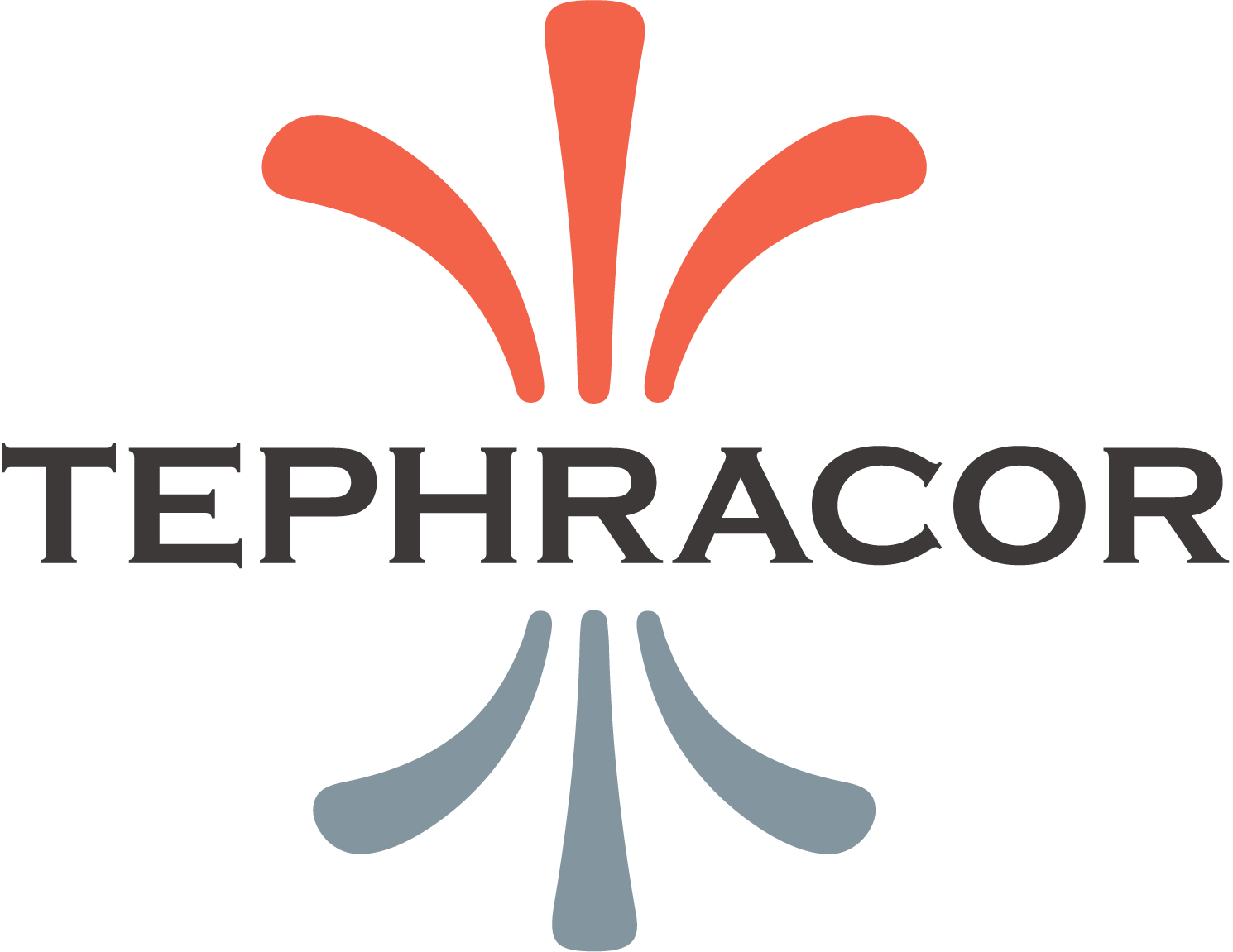Tephracor's Basalt Raw Material Yields Promising Results in Scientific Crop Trials from Spring 2024
Tephracor is excited to share the promising preliminary results from collaborative scientific crop trials using its soil amendment at leading agricultural universities.
The initial data indicates significant improvements in biomass production across various crops, highlighting the potential to enhance agricultural productivity sustainably.
At the University of Florida, initial findings from pasture trials reveal that grasses in plots treated with Tephracor’s soil amendment have produced greater biomass compared to untreated plots. This increase in biomass underscores the ability for Tephracor to enhance soil health and support more robust plant growth.
Clemson University is conducting a research study on the effectiveness of Tephracor’s basaltic soil amendments in irrigated and dryland areas. The preliminary data shows significantly greater biomass in corn and soybean plants grown in plots treated with Tephracor’s amendment compared to control plots. This suggests that our product can be particularly beneficial in improving crop yields in water-limited environments.
Photo from TephraMax® soil amendment test plot on corn.
Photo from TephraMax® soil amendment test plot on soy.
Tephracor's commitment to innovation and sustainability drives our research efforts. The outcomes from research trials not only demonstrate the effectiveness of Tephracor’s basalt-based soil amendment, but also reinforce Tephracor’s mission to provide farmers with reliable, eco-friendly solutions for enhancing soil health and agricultural productivity.
While these preliminary results are encouraging, we are dedicated to continuing our research and look forward to sharing more comprehensive data as these collaborative trials progress and reach completion.


